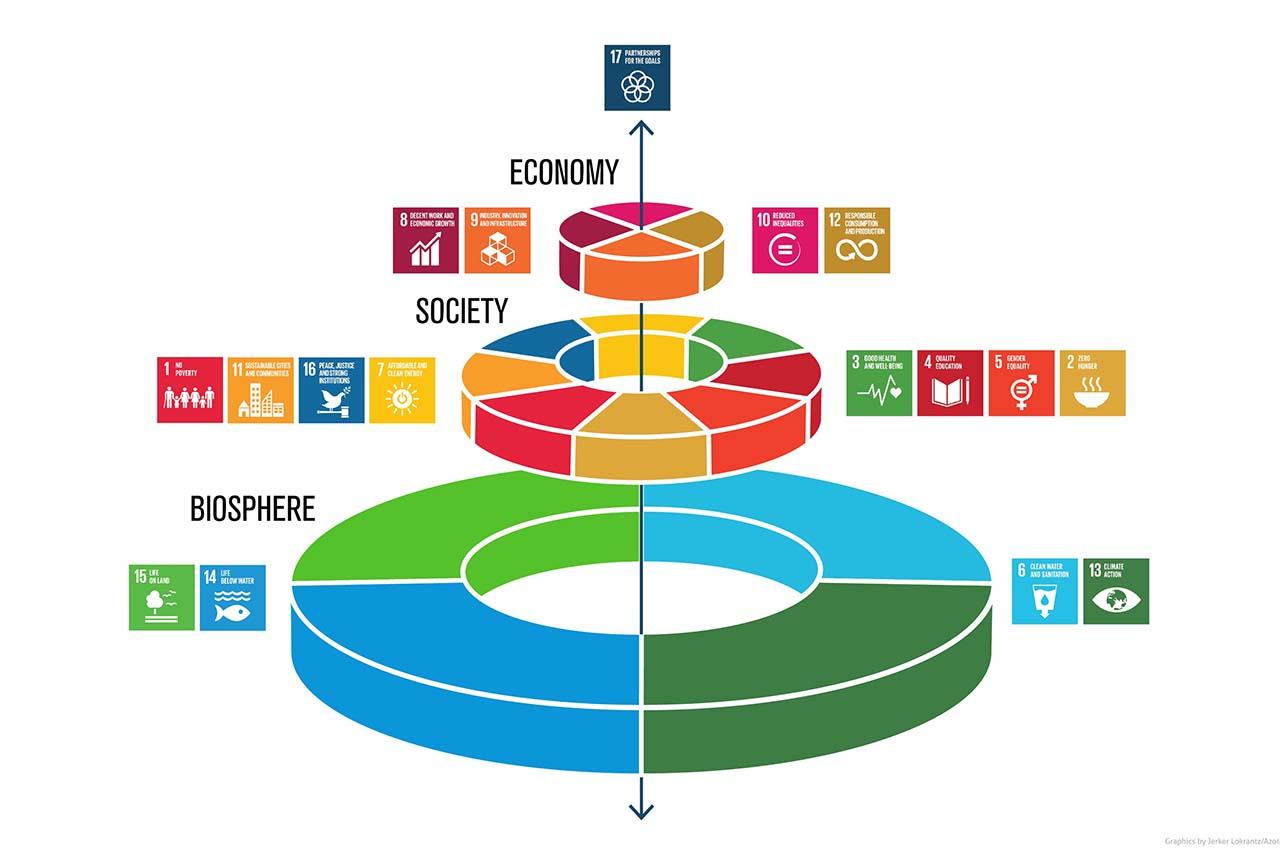An independent assessment of the voluntary national reviews (VNRs) submitted to the UN High-level Political Forum on Sustainable Development (HLPF) in 2022 urges governments to provide more details on non-state actor participation in governance arrangements and on the extent to which SDG integration in national policy frameworks has led to transformations in policy approaches and outcomes.
The report also encourages governments to follow the UN Secretary-General’s common reporting guidelines as closely as possible, to enable better comparability.
These recommendations are among the many offered in the seventh edition of the annual ‘Progressing National SDGs Implementation’ report, which was launched on 22 February 2023 alongside three policy briefs on civic space, leaving no one behind (LNOB), and localization. The report was compiled by Action for Sustainable Development, ANND, BOND, Cepei, Cooperation Canada, CPDE, Forus, Global Focus, IISD, Save The Children, Sightsavers, and World Vision International.
Oli Henman, Action for Sustainable Development, opened the launch event. He said the report reviews the 44 VNR reports and main messages submitted to the HLPF in 2022, along with 21 VNR-related civil society reports, analyzing progress and identifying gaps, based on a framework that includes more than 100 variables.
Nicolas Sautejeau, Action for Sustainable Development, summarized key findings across the report’s four main sections: governance, institutional mechanisms, and engagement; policy frameworks; implementing the 2030 Agenda; and reporting.
Sautejeau flagged that information on data availability remains limited, with 20% of countries reporting that data are available for less than 50% of SDG indicators, and that detailed information on SDG costing and resource identification is mostly missing from the VNRs.
He further noted that the number of countries highlighting civil society participation in consultations within the VNR formulation process increased from 81% in 2021 to 93% in 2022. However, only 66% of countries provided information on partnerships with civil society – a significant drop from 86% in 2021.


























